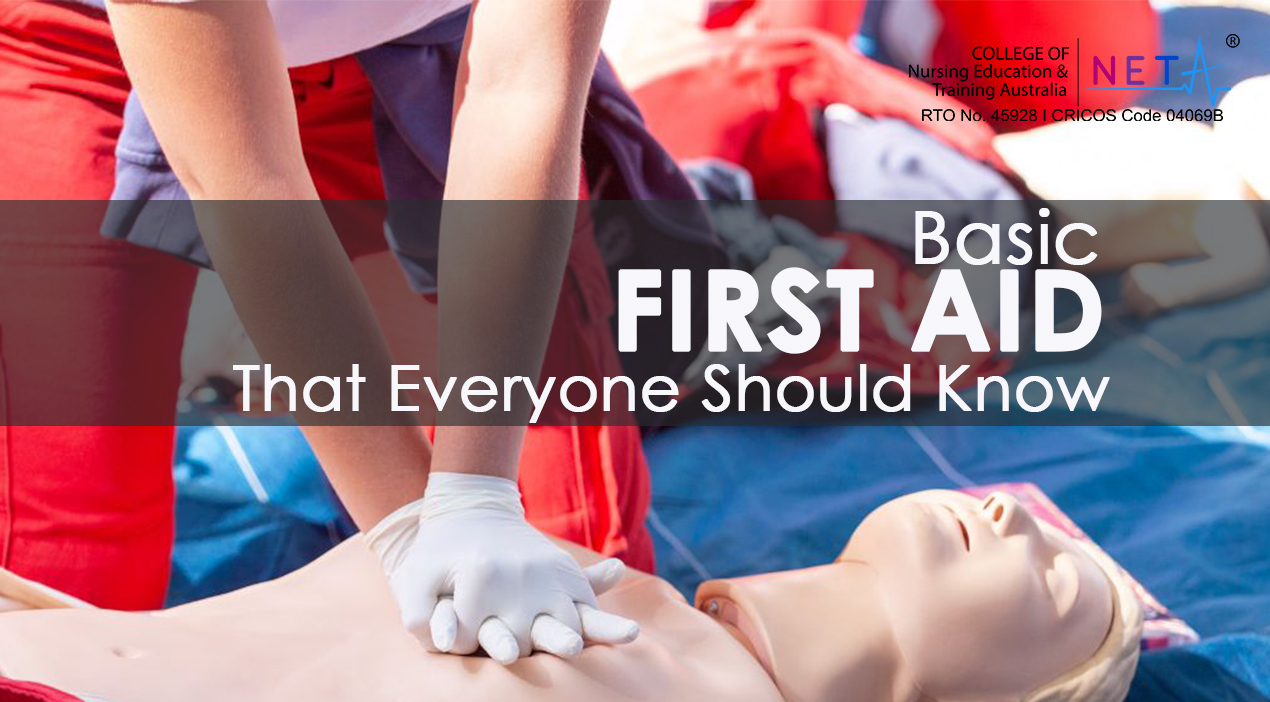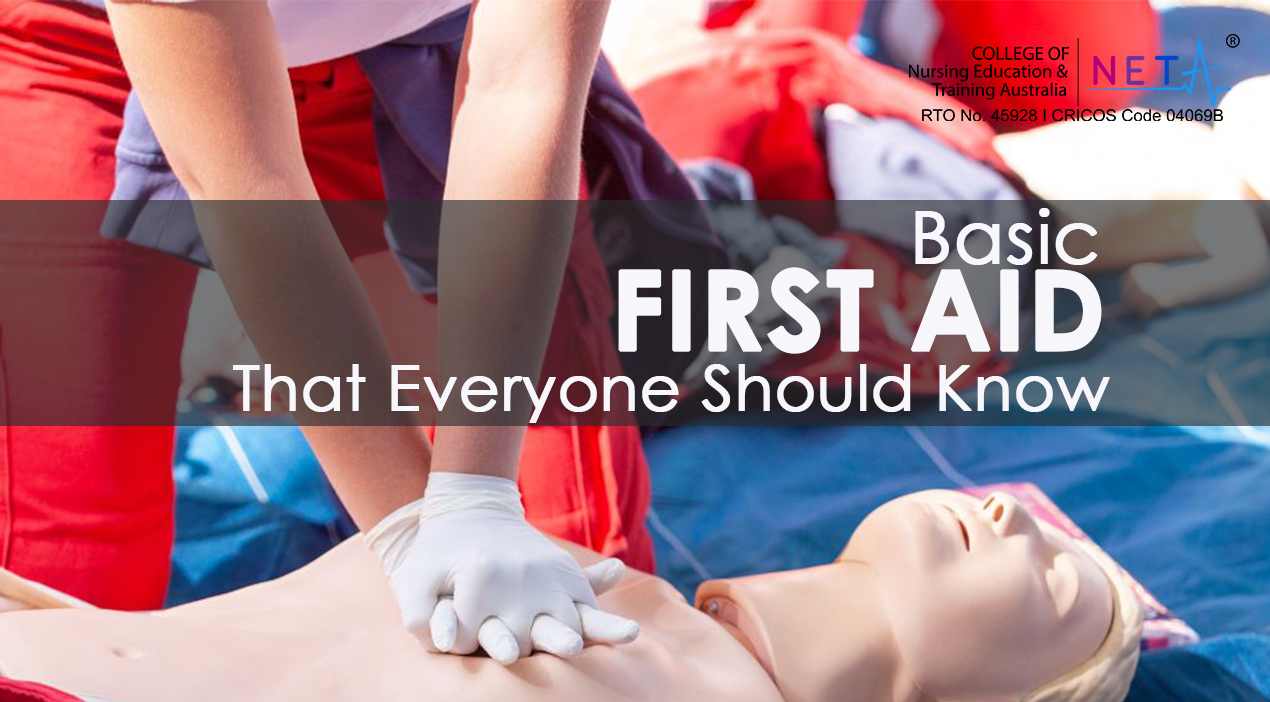In our daily lives, accidents and injuries can happen unexpectedly. Being knowledgeable about basic first aid skills is not only essential but can make a significant difference in assisting someone in need. Whether it's at home, work, or in public, having a basic understanding of first aid can potentially save lives. Let's explore a few fundamental skills that we all should know:
- Performing Cardiopulmonary Resuscitation (CPR):
Cardiopulmonary Resuscitation, or CPR, is a vital lifesaving technique used when someone stops breathing or their heart has stopped. By performing CPR, blood circulation can be temporarily maintained to supply oxygen to the brain and body. CPR involves chest compressions and rescue breaths.
- Managing Bleeding:
Learning how to manage bleeding is crucial, as even a minor injury can result in profuse bleeding. It's important to apply direct pressure on the wound using a clean cloth or your hand. Elevating the injured body part can assist in reducing blood flow. If bleeding is severe, applying a tourniquet may be necessary, but only as a last resort before seeking professional medical assistance.
- . Handling Burns:
Burns are common and necessitate immediate attention. Start by removing the individual from the source of the burn, if possible. Rinse the affected area with cool running water for at least 10 minutes to cool the burn and relieve pain. Cover the burn with a sterile non-stick dressing or a clean cloth. Seek medical advice for severe burns or those affecting a large area of the body.
- Dealing with Choking:
Choking occurs when an object blocks the airway. It's crucial to act quickly, as partial or complete airway obstruction can be life-threatening. Encourage the person to cough forcefully, as this can help dislodge the object. If coughing doesn't resolve the situation, performing the Heimlich maneuver may be necessary. Learn this technique from relevant certified sources.
- . Providing Basic Wound Care:
Knowing how to clean and dress wounds properly can help prevent infection and promote healing. Always begin by washing your hands with soap and water. Clean the wound gently with mild soap and water or a suitable antiseptic solution. Cover the wound with a sterile dressing, applying gentle pressure if necessary. Remember to seek medical attention for deep or heavily contaminated wounds.
College of Nursing Education and Training Australia offers First Aid Course in Wagga Wagga to individuals or groups. We work in partnership with major businesses in Wagga Wagga.
Remember, it's always better to be prepared than to be caught off guard in critical situations.
Contact us now to schedule a session.







